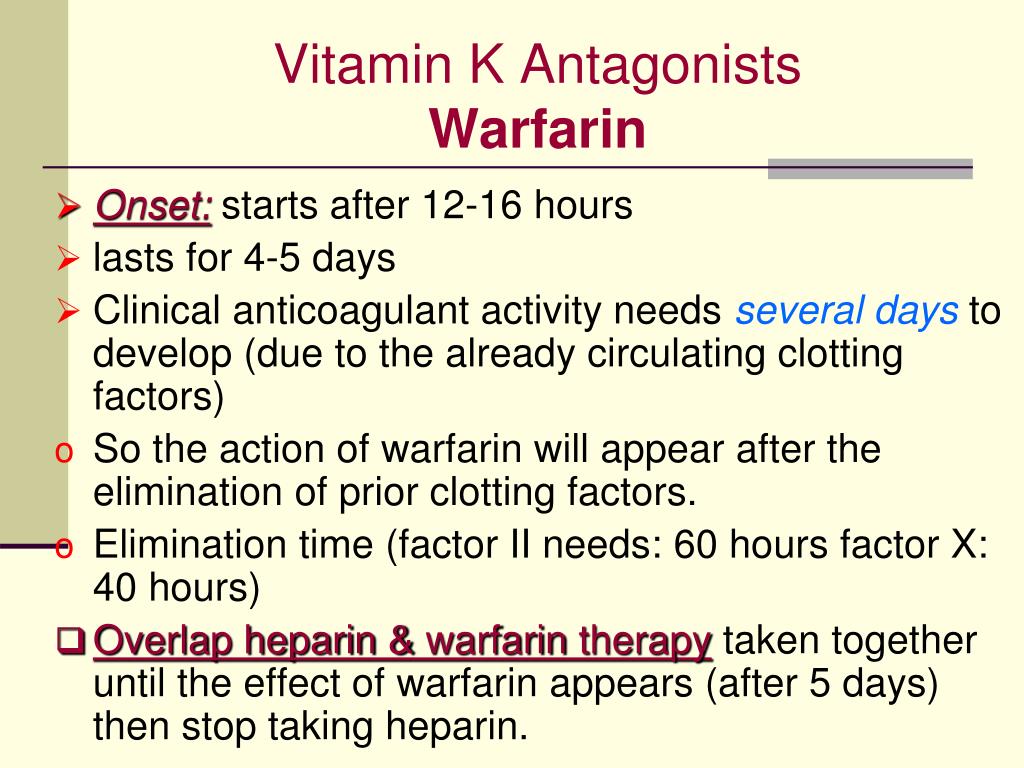

But the anticoagulant effect of warfarin must be carefully monitored with periodic blood tests. Until recently, warfarin (approved in 1954 and marketed under the brand names Coumadin and Jantoven) had been the only drug approved for the prevention of stroke in patients with atrial fibrillation. This is accomplished with taking anticoagulant drugs or "blood thinners." Decreasing stroke riskĪnticoagulants have been known for many years to produce a striking (more than 50%) decrease in the rate of stroke, but they also prevent clotting in locations and situations where clotting is desirable. There are a number of treatments-drugs and procedures-intended to correct the fundamental heart rhythm problem in patients with atrial fibrillation, but the main focus of treatment is to try to decrease the rate of stroke by preventing the formation of blood clots. The main concern, however, is that atrial fibrillation can lead to the formation of blood clots in the heart, which can travel to the brain and cause a stroke. Atrial fibrillation can produce palpitations, shortness of breath, lightheadedness, weakness, and chest pain, or may occur without symptoms. More than 3 million Americans have atrial fibrillation, a problem with the electrical system of the heart that causes an irregular heart rhythm. Unger, M.D., Director of FDA’s Center for Drug Evaluation and Research’s Office of Drug Evaluation I in the Office of New Drugs, discusses atrial fibrillation along with oral anticoagulant drugs and their reversal agents.


 0 kommentar(er)
0 kommentar(er)
